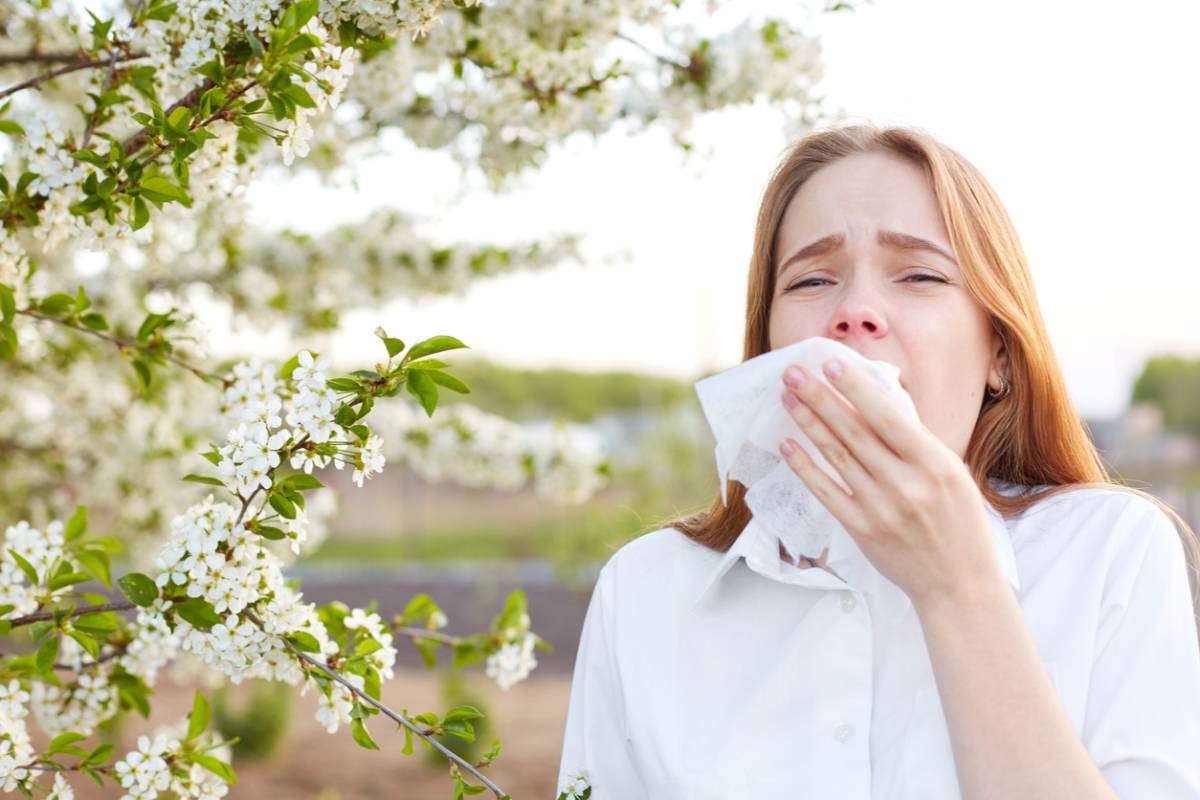People start to sniffle and sneeze at all different types of the year, so you probably hear about “allergy season” every couple of months. It can be difficult to figure out what time of the year you should be really looking for preventative allergy treatment in NYC. When does allergy season start for real? Keep reading to learn about what allergies are and what time of year you may be affected by them.
What Are Seasonal Allergies?
If you are allergic to pollen spores in the air, seasonal allergies can lead to symptoms that occur at certain times of the year. They are commonly referred to as “hay fever” and can be confused with perennial allergies. However, symptoms can occur throughout the year. You may experience symptoms only for one to two months depending on the type of reaction that you have.
When Does Allergy Season Start?
Spring allergies can be found in many parts of the United States. They usually begin in February and continue until the beginning of summer. Spring allergies are the most common in the United States. Tree pollination starts in February and continues through the summer.
Grass pollination occurs later in the summer and fall, and ragweed is late in the summer and fall. However, grass pollinates in tropical climates for a large part of the year. Plants can pollinate earlier if they are exposed to mild winter temperatures. Rainy springs can promote plant growth and mold growth, which can cause symptoms that last into the fall.
Biggest Symptoms of Seasonal Allergies
Seasonal allergy symptoms – and the time of year that they occur – can differ depending on the trigger. Some people are allergic to ragweed, which would make them feel more sniffly and stuffy in the fall. Others may be sensitive to the various pollens that float through the air from trees and plants during the spring, meaning allergy season is just around the corner. Here are a couple of the biggest symptoms to look out for:
- Coughing
- Wheezing
- Sneezing or sniffling
- Stuffy or runny nose
- Itchy and watery eyes
- Congestion in the throat, nose, or ears
- Headaches
Those who experience allergies often may also be suffering from asthma. Different allergy pollens can trigger a severe asthma attack out of nowhere, making it dangerous for people to go outside during certain times of year without the proper precautions. Seasonal allergies and asthma often go hand in hand, making it difficult to isolate the symptoms of one from the other.
How to Tell if You Have Seasonal Allergies
An allergy specialist or primary care physician can diagnose an allergy. They will usually recommend that you get an allergy test to confirm their diagnosis. The most popular way to test for allergy is by using something called a “skin prick” test. Your skin will be lightly poked with the suspected allergens, and then you’ll see momentarily if you have any allergic reactions. If you are allergic to any of the substances, a small bump will appear on the skin. You can test for a variety of allergens and find out more when you speak with your allergy specialist.
You should make an appointment with your primary care physician or clinician if you are experiencing symptoms and are not sure if seasonal allergies exist. If necessary, your doctor will assess your symptoms and refer you to an expert who can provide you with further care.
Prevent Allergies and Asthma with Your Specialist Today
When you visit us at the office of Dr. Mayank Shukla, you will be put in the care of a specialist who can assess your symptoms to determine their cause. Whether you are in need of an allergy doctor or an asthma doctor in NYC, our expert team should be able to help. Get rid of those irritating symptoms and breathe easy no matter what time of year it is when you invest in long-term asthma treatment today.

